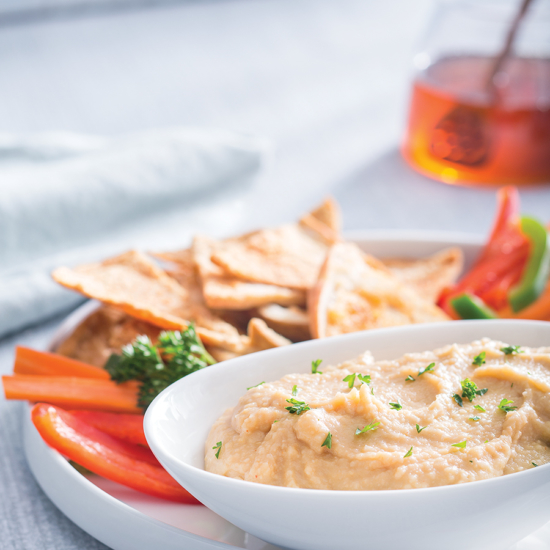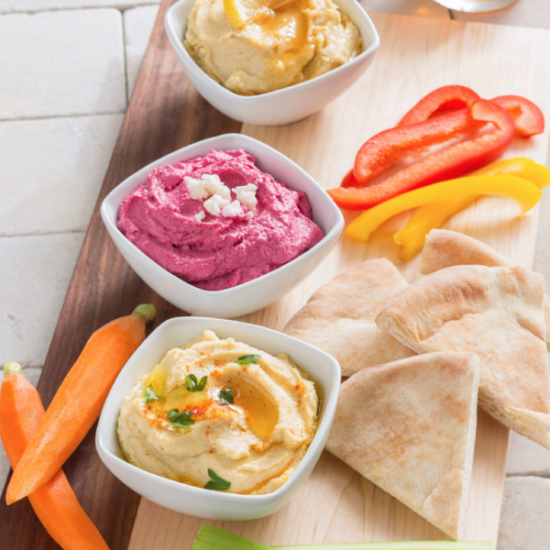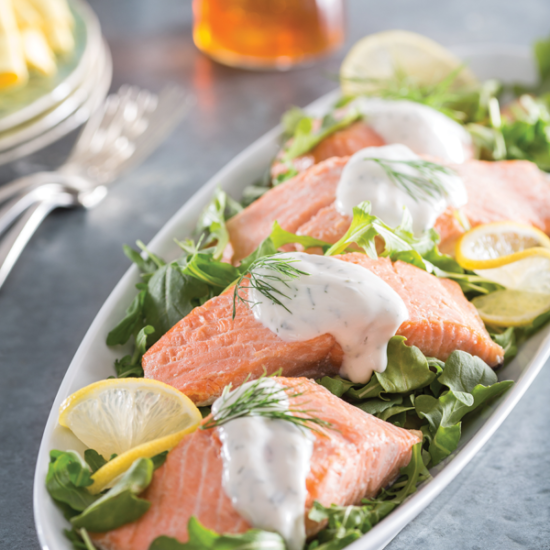
If your eyes are getting crossed from scrolling through countless posts telling you what you should or shouldn't eat or if you're wondering if that diet fad you just read about actually lives up to the hype - the verdict is in! The U.S. News and World Report evaluated 41 of the most popular diets and named the Mediterranean diet the overall best in 2019. Although it's the first time that the diet has topped the list, this ranking comes as no surprise as the diet has long been considered a nutritious option, touted for its potential to reduce risk for certain diseases and its link to improving overall health. For more information on the benefits associated with the Mediterranean diet, visit the Mayo Clinic.
Honey eaters should rejoice as a recent National Honey Board-commissioned survey found that U.S.-based honey eaters actively consider their food choices and among the foods they select, several are associated with a Mediterranean diet pattern, including nuts, seeds, beans and legumes, fish and seafood, whole grains, fruits, vegetables and olive oil - all of which pair nicely with honey in recipes. We've always had our suspicions that honey eaters are extraordinary, but now we have the data to show why!
The survey was conducted by the NPD Group, a global data and analytics firm, to examine the honey consumption, diet and health concerns, and overall diet quality of 13,000 U.S.-based honey eaters compared to non-honey eaters. Beyond revealing that honey eaters tend to eat foods associated with overall better diet quality more often than non-honey eaters, results showed that honey just might be the special sauce in helping you keep on track with living a balanced lifestyle:
- Honey users aged 25 to 45 are less likely to report having high cholesterol and type 2 diabetes and less likely to be on a doctor-prescribed diet, compared to those who don't eat honey in a typical week.
- Among all age groups, honey eaters are more likely to be normal weight than their non-honey using counterparts, based on BMI measures that were calculated using self-reported height and weight.
- Within the 25 to 45 age group of honey users, they tend to be more focused on weight loss, even though they are more likely to be normal weight, suggesting that a normal body weight is an important part of a balanced lifestyle to them.
- Honey eaters ages 25 - 45 are more likely to report aiming for diets that are low in calories, sugar, gluten and cholesterol, and high in protein and fiber. At the same time, they make more room for smart indulgences and tend to eat more sweets than non-honey eaters!
Curious to learn how you can incorporate honey into Mediterranean diet-friendly meals? Check out some of our balanced and nutritious recipes below!




